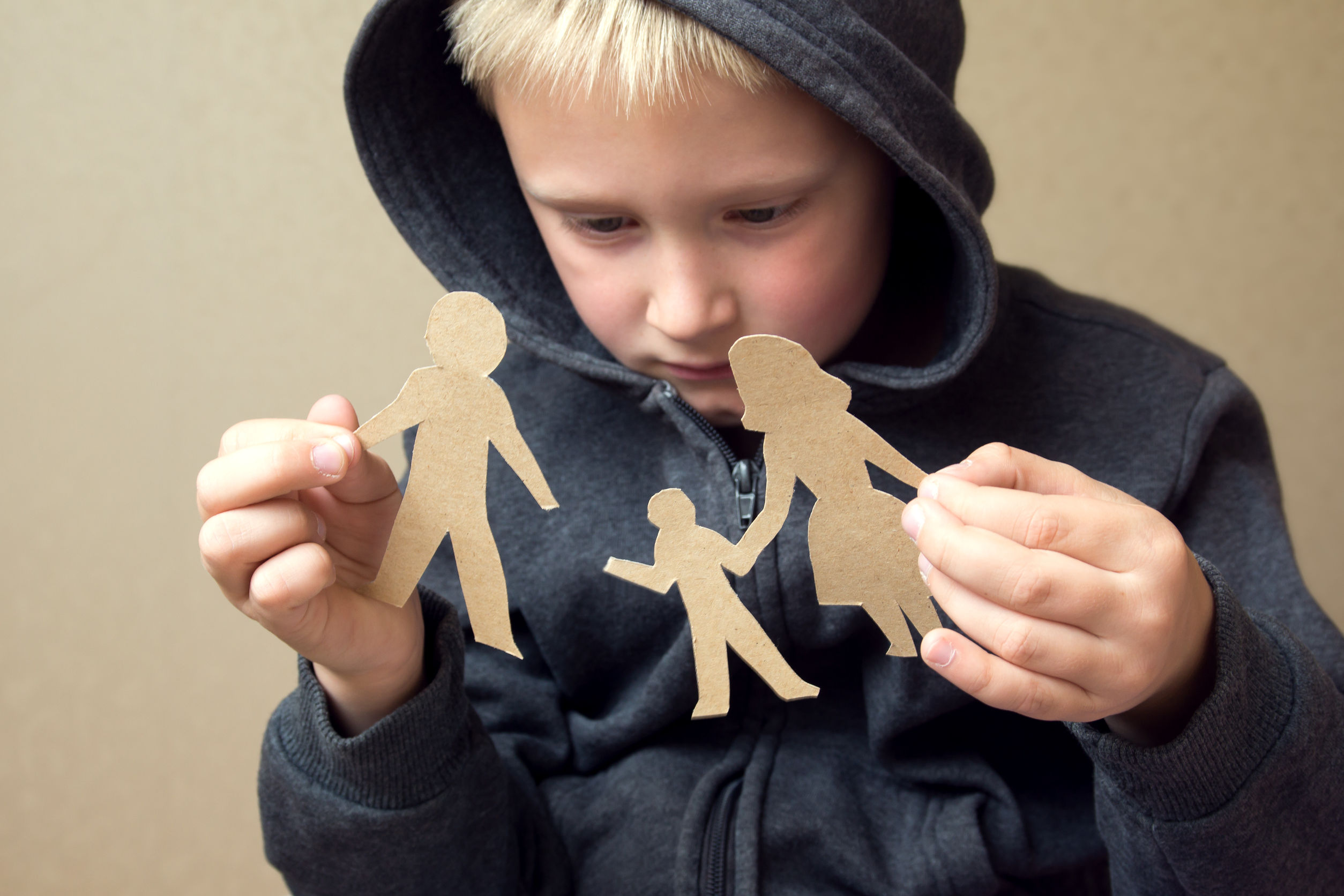Soraya did not say much when her mother passed away. During the funeral, relatives and strangers came to hug her but there was little response from her.
In the weeks that followed, Soraya’s teacher grew concerned about her behaviour. The once bubbly girl now sat alone during recess time. She did not play or talk to her friends.
Dealing with the death of a loved one is never an easy task. It does not matter whether it is the death of a parent, relative, sibling or pet. In all cases, children feel the emotional impact and grieve.
Grief is a normal part of getting over the loss of a loved one. It is part of the healing process.
However, when there are many unresolved or unrecognised issues, grieving can become problematic.
After several months, some of the physical symptoms may include appetite changes, sleep disturbances, aches and pains.
The emotional symptoms include a sense of lethargy, inability to concentrate, withdrawal, sudden mood swings, dreams and flashbacks about the deceased, difficulty in making decisions, or a deep sadness.
When grief becomes problematic, the grieving child needs the assistance of a mental health professional.
How a child copes with grief would depend on a number of things. These include the way they learned to cope with stress before the sad event. The closer the child was to the deceased, the greater the impact of the loss.
The circumstances under which the loved one died are also important.
When someone has been ill for some time, there is a much longer time to say goodbye, whereas if the death was sudden it comes as a shock to everyone.
In many cases, religious beliefs and ethnic customs tell a child the appropriate way to grieve. They do this by watching how their family members grieve.
Finally, the emotional support that the child gets from his immediate and extended family and friends plays a role in determining how long a child will grieve.
Here are some suggestions to help children cope with grief:
Encourage the child to express intense emotions. It helps to allow the child to express his emotions. Ask gently about the child’s feelings, and mention that it is okay to feel sad and cry. Do not turn the questions into an interrogation.
Provide needed support. When encouraging the child to express his emotions, it helps to spend time listening attentively in a non-judgmental way. Do not attempt to offer advice, or tell the child how he should feel. Just listen and accept that this is the way the child feels.
Encourage the child to recall events. In the course of expressing his emotions, encourage the child to recall the happy times that he had with the deceased. The child may brighten up slightly when recalling these memories. Positive memories are a legacy from the dearly departed, and need to be cherished.
Acknowledge regrets and feelings. The child may feel bad that he had been naughty and made the deceased sick, thus contributing to his/her death. Acknowledge that the child may have these regrets, but reassure the child that he did not cause the death of the deceased. Try to be constructive and focus on something positive such as what the deceased would have wanted the child to do.
Encourage older children to keep a diary or draw pictures on a daily basis. Older children may find it therapeutic to express their feelings and emotions through writing or drawing.
It helps to buy an exercise book so that the child can stick a picture of the deceased and write a diary or letters to the deceased on a daily basis. The child can also be encouraged to draw how he feels. Doing so transfers the grief into a constructive exercise that enables normalising of emotions.
Allow the child to say goodbye. Saying “goodbye” is the most important part of grieving. It allows the child to sever the emotional bonds with the deceased and move on. Sometimes funerals are not the best time for a child to say “goodbye”.
Some children may write a letter and post it. Others may decide to go to a religious place and light some candles. Still others may prefer to go back to the grave to clean it and say goodbye.
By helping a child say a simple personal goodbye, the parent is gently moving the child on to the next stage of growth. – Article courtesy of Amway Malaysia’s One by One Campaign

